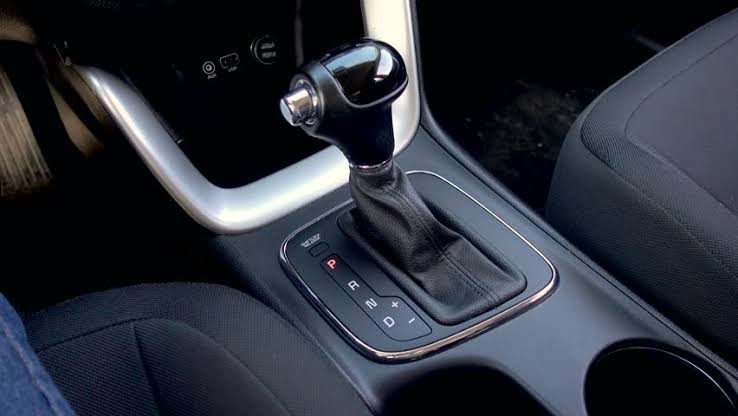Automatic gear changing technology, also known as automatic transmissions, seamlessly shifts gears without manual intervention. It offers convenience, smoothness, and optimal gear selection based on driving conditions, enhancing overall driving experience and comfort.
An automatic transmission uses a torque converter to smoothly transmit power from the engine to the transmission.
- Inside the transmission, there are multiple gear sets and clutches that engage and disengage to change gears.
- The transmission control module (TCM) monitors various sensors to determine the optimal timing and pressure for gear shifts.
- Hydraulic pressure is used to engage and disengage the clutches, allowing for seamless gear changes.
Signs of a failing automatic transmission:
1. Delayed engagement: The transmission takes longer to shift into gear when you shift from park to drive or reverse.
2. Slipping gears: The engine revs up without a corresponding increase in vehicle speed, or there is a sudden loss of power while driving.
3. Rough or jerky gear shifts: Shifting between gears feels harsh, accompanied by vibrations or a jolt.
4. Fluid leaks: Noticeable leaks of reddish-brown fluid under the vehicle.
5. Burning smell: A burnt odor may indicate overheating or excessive friction within the transmission.
6. Warning lights: The "Check Engine" or "Transmission" warning light may illuminate on the dashboard.
Repair and recommendations for a failing automatic transmission:
- Consult a professional mechanic: Transmission repairs can be complex, so it's best to seek the expertise of a qualified technician.
- Regular maintenance: Follow the manufacturer's recommended maintenance schedule, including fluid changes and inspections.
- Check fluid levels and quality: Low or contaminated transmission fluid can cause issues, so ensure it is at the correct level and in good condition.
- Address issues promptly: If you notice any signs of transmission problems, address them promptly to prevent further damage.
- Avoid excessive towing or overloading: Heavy loads can put strain on the transmission, leading to premature wear and failure.
DTC codes associated with automatic transmission issues:
1. P0700 - Transmission Control System Malfunction: Indicates a problem with the transmission control module or related components.
2. P0715 - Input/Turbine Speed Sensor Circuit Malfunction: Points to a malfunction in the input/turbine speed sensor, which provides vital data to the TCM.
3. P0720 - Output Speed Sensor Circuit Malfunction: Indicates an issue with the output speed sensor, which monitors the rotational speed of the transmission output shaft.
4. P0730 to P0736 - Incorrect Gear Ratio: These codes indicate a mismatch between the gear ratio commanded by the TCM and the actual gear ratio detected.
5. P0740 to P0744 - Torque Converter Clutch Circuit Malfunction: Points to problems with the torque converter clutch solenoid or related components.

Comments (0)
Please login to join the discussion
Be the first to comment on this article!
Share your thoughts and start the discussion